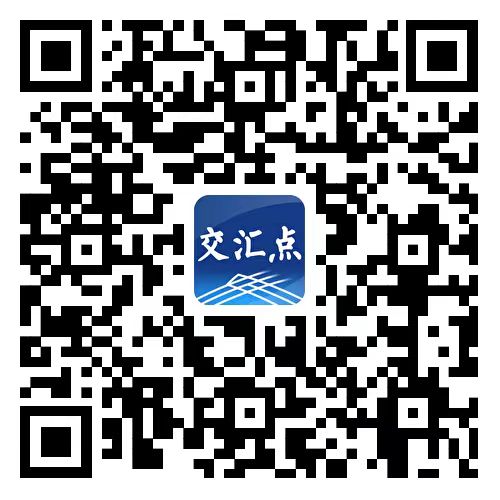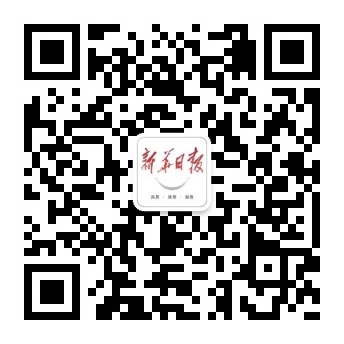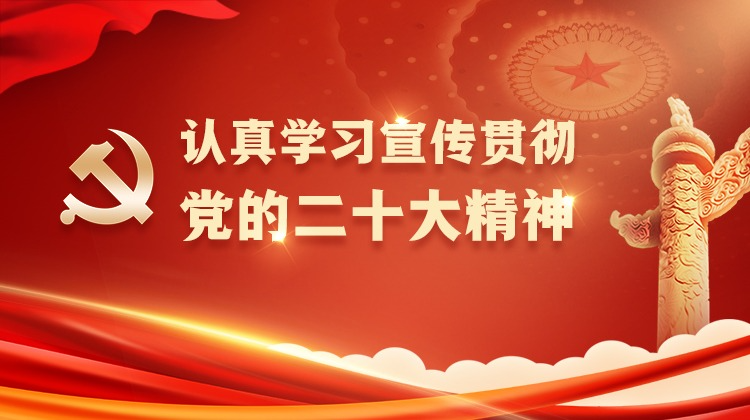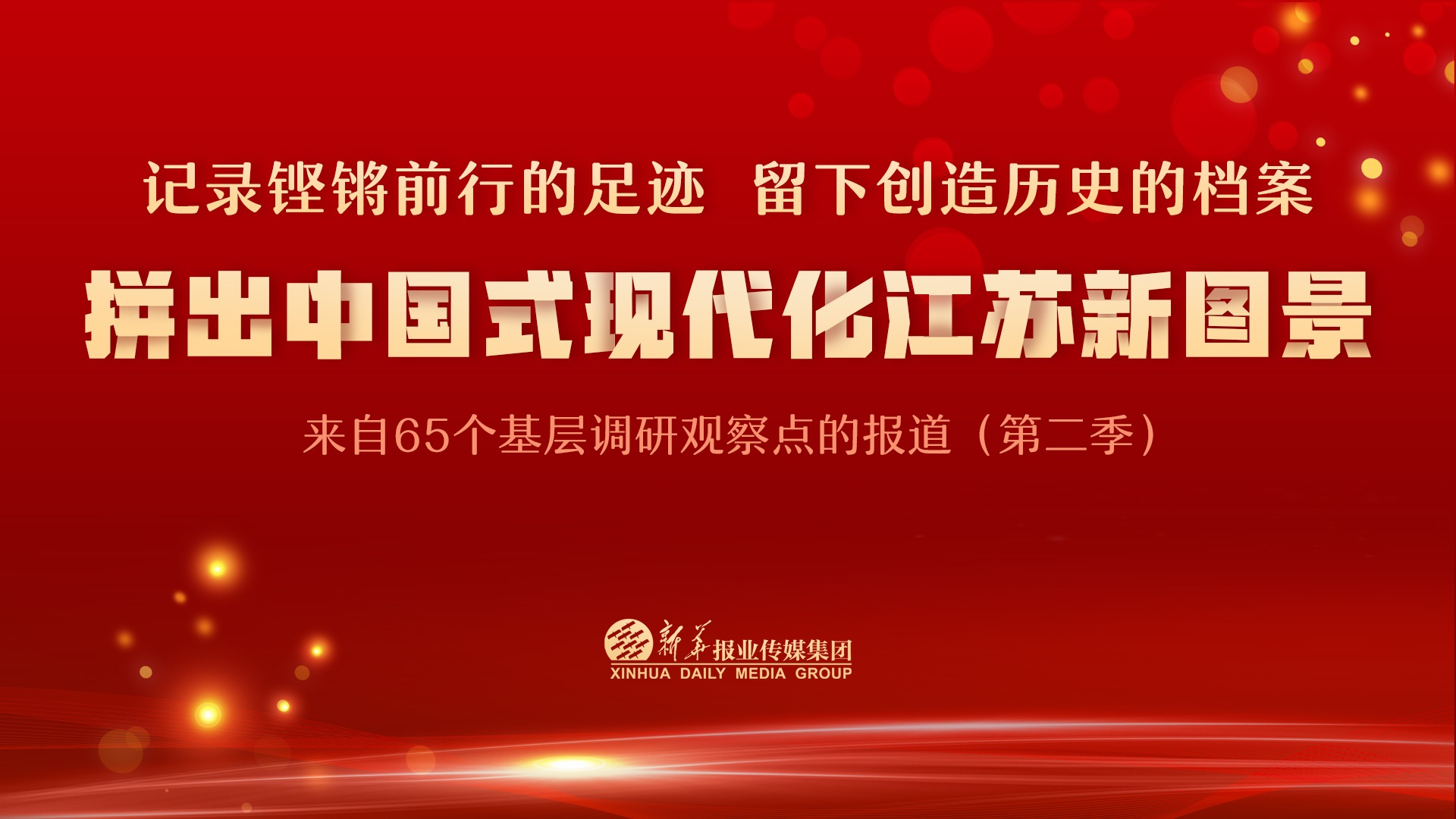
CHONGQING, April 24 (Xinhua) -- Hundreds of hydrogen fuel cell-powered vehicles are currently operational along the "hydrogen corridor" spanning southwest China's Chongqing Municipality to Chengdu City in neighboring Sichuan Province.
Among the vehicles, those manufactured by Qingling Group are particularly eye-catching, as a symbol of the successful collaboration between the commercial vehicle manufacturer and its German partner, Bosch Group.
For industry insiders, this collaboration between these prominent trendsetters also signifies the flourishing and strengthening of green development ties between the two countries.
Early in March 2021, Bosch and Qingling jointly established Bosch Hydrogen Powertrain Systems (Chongqing) Co., Ltd., which is committed to bringing leading fuel cell powertrain solutions to the Chinese market and this commitment aligns with the automotive industry's goals of carbon neutrality in China.
According to the Energy Saving and New Energy Vehicle Technology Roadmap 2.0, released by the China Society of Automotive Engineers, the number of fuel cell-powered vehicles in China is projected to reach about one million by 2035.
China is one of the biggest markets for hydrogen energy and the related technology is rapidly developing, according to Andre Posch, production manager for fuel cell power module at Bosch Hydrogen Powertrain Systems (Chongqing) Co., Ltd.
"The establishment of the joint venture was based on the long-history cooperation between Qingling and Bosch, as they had a customer and supplier relationship in the past and hence knew each other very well," said Posch.
He added that for the commercialization of fuel cell systems, Qingling has a wide range of commercial vehicle applications, all developed and manufactured in-house.
At present, Bosch Hydrogen Powertrain Systems (Chongqing) Co., Ltd. has introduced 76kW, 134kW, and 190kW fuel cell power modules to the market, catering to various classic commercial vehicle applications such as cold-chain logistics, sanitation, and heavy-duty long-haul transportation. Additionally, the latest platform 300kW fuel cell power module is under road test with customer vehicles.
Posch noted that fuel cell electric vehicles (FCEVs) offer the advantages of both combustion engine vehicles and pure-battery electric vehicles. FCEVs can travel long distances and refuel quickly, similar to combustion engine vehicles. They also provide excellent driving dynamics and have a less complex layout, making maintenance easier, akin to pure-battery vehicles. "Most importantly, FCEVs are emission-free."
The city of Chongqing where Qingling is situated also provides a favorable environment for bilateral cooperation.
"Chongqing features an important geographic location as it is at the intersection of the Belt and Road, the Yangtze River economic zones, the New International Land-Sea Trade Corridor, and Chengdu-Chongqing economic zone," said Posch, adding that that's why there are a lot of nationwide-level logistics centers, offering operation scenarios for commercial vehicles.

Additionally, Chongqing boasts an abundance of hydrogen resources. "The hydrogen available here is of high quality and competitively priced," he said.
A case in point is a major hydrogen supply center for vehicles in southwest China which went operational in Changshou District, Chongqing in December 2023.
The center can supply 6,400 kg of high-purity hydrogen per day at full capacity, enough to meet the hydrogen consumption needs of 260 hydrogen-fueled heavy-duty trucks, said Liu Huabin, deputy general manager of the Chongqing Petrochemical Sales Company of Sinopec, China's main oil refiner. The program is expected to help reduce carbon dioxide emissions by 27,000 tonnes per year, according to Liu.
Chongqing welcomed the Federal Chancellor of Germany Olaf Scholz on April 14 this year. During his visit, Scholz toured this Sino-German joint venture and learned about hydrogen powertrain products and fuel cell powertrain solutions, and experienced the assembly of hydrogen fuel cell power modules.
Scholz said he is impressed by the cooperation between German and Chinese enterprises in the field of hydrogen technology, and Germany is willing to continue to deepen friendly exchanges with China and push bilateral cooperation to a new level.
Another company spearheading the Sino-German cooperative trend in green development is Covestro, a renowned German materials manufacturer.
"Covestro has built its first dedicated mechanical recycling compounding line for polycarbonates in Shanghai, which began production last year with an annual capacity of 25,000 tonnes. Germany leads in technologies for circular economy, and China has many application scenarios," said Holly Lei, President of Covestro China.
Highlighting the company's confidence in China's promising market, the senior executive said that by the end of 2023, Covestro's cumulative investment in the Chinese market has exceeded 4 billion euros (about 4.3 billion U.S. dollars). "The Chinese market contributes 20 percent of Covestro's global sales. These figures have already told us that the Chinese market cannot be ignored."
"Bosch has always been confident in the Chinese market. Over the past 10 years, our annual investment in China has averaged nearly 5 billion yuan," said Xu Daquan, Bosch China President. "At the same time, we are also increasing our investments in new fields in China. For example, the completion of our hydrogen fuel cell factory in Chongqing signifies our commitment to further investment in hydrogen fuel cells."







 新华报业网
新华报业网













 Android版
Android版
 iPhone版
iPhone版




